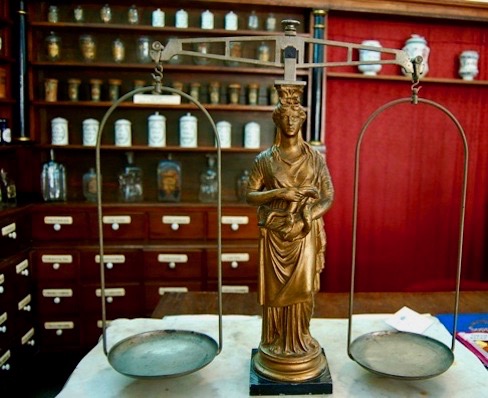Greater cooperation, clarity and capacity can help create a supportive environment for the private sector to fairly price their products.
The first condition is cooperation among stakeholders in a high-level working group to identify the main corporate responsibilities of the pharmaceutical industry for fair pricing. This means involving the industry in establishing standards and targets for regular evaluation, which will outline an agreed roadmap for action on the part of companies. To encourage ambitious and workable standards and targets, these should be consistent with the norms in a WHO/Oslo Initiative report on the social contract and public goods approaches, and with the Ruggie Principles on business & human rights.
Greater clarity about a medicine’s price components is the second condition. Governments should establish a state practice of being transparent about how and how much public funds are spent on developing and purchasing medicines, in line with a WHO Europe report on the matter. This practice is aligned with the human right to access public documents in international law that is binding on 173 states. These legal bases, together with the WHA Transparency Resolution, shows that the transparency of the costs and prices of medical products is an emerging global norm. Greater transparency will support a democratic debate about fair medicines prices and inform ‘fair’ price negotiations. It is also time to assess the progress on implementation of the WHO Transparency Resolution at the WHA and discuss future steps to increase the transparency in pharmaceutical markets.
The third condition is increasing the capacity of regional and national watchdog bodies, and preparing their national law and institutions to intervene where needed. Governments should resource these watchdog bodies, such as competition authorities, to monitor and investigate signals of excessive pricing, including of patented medicines. Governments should ensure they have effective legal measures in their national laws, such as government use and compulsory licensing provisions. When other measures fail, governments should display a greater willingness at national level to use the corrective measures to suspend monopoly rights to ensure affordability. We have seen that the threat of enforcement or corrective actions can encourage the private sector to take voluntary steps for fairer prices.
An engaged civil society is the red thread that runs throughout these three “Cs”. We’ve seen civil society step in and take action when states or the private sector have not lived up to their responsibilities I outlined. From the ‘Fair Pharma’ scorecard, to access to price information requests, to signalling potential anticompetitive practices – civil society is at the forefront and should remain an important partner in any strategy for fairer prices.
